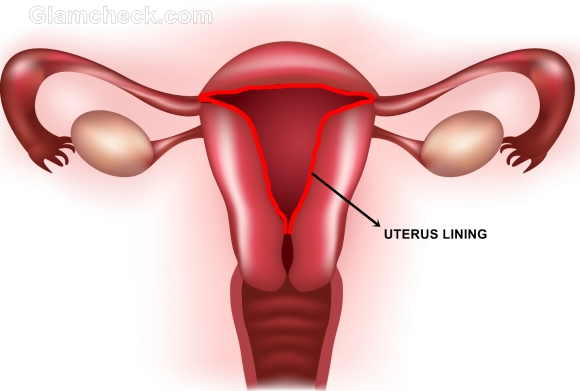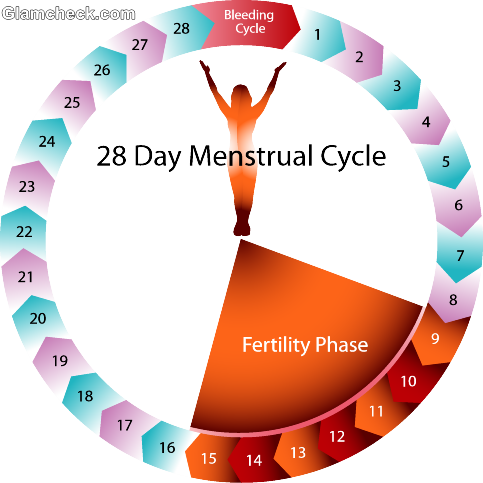Have you ever wondered whether your menstruation cycle is normal? Whether you should be worried? And what is considered a normal period cycle in the first place? Before we get to that, let’s take a brief look at what menstruation is.
 A woman’s body regularly sheds the lining of the uterine wall. The lining grows every month in preparation for a fertilized egg. So if pregnancy does not occur, the uterus does a monthly cleaning and sheds the lining. Blood is used as a medium to push the lining through the vagina.
A woman’s body regularly sheds the lining of the uterine wall. The lining grows every month in preparation for a fertilized egg. So if pregnancy does not occur, the uterus does a monthly cleaning and sheds the lining. Blood is used as a medium to push the lining through the vagina.
Menstruation can begin as early as 8 or as late as 18. It will differ from girl to girl. The average age is 12. When menstruation begins, it means that the girl’s body is ready to bear a child. She will continue to have her period on a monthly basis until menopause, which typically occurs between the ages of 45 and 55.
What is a Normal Period Cycle?
Your menstrual cycle begins from the first day of your bleeding and continues till the first day of your next period.
 28 Day Menstrual Cycle
28 Day Menstrual Cycle
A typical period cycle is 28 days. But it is not an exact science. Your cycle can range from 22 to 36 days and it will still be considered normal. You will not have the same cycle your whole life. It will be a shorter cycle in your teens and twenties. As you age, your cycle will lengthen. However, it is natural for a teen to have a longer cycle in first couple of years after she starts getting her period – sometimes as long as 45 days.
Your cycle can change even if you are overly stressed. You will notice that your period is late when you have an examination you are worried about or a presentation at work that you are losing sleep over. When your stress goes away, your body will return to its normal period cycle. If it doesn’t return to normal after three consecutive periods, then it’s time to see a doctor.
Why is it Important to Have a Normal Period Cycle?
If you get your period regularly, it means that your body is functioning as it should. An irregular period cycle can be a symptom of other health problems. You may be pregnant, undergoing extreme stress, have an eating disorder, or suffering from something much worse.
If you have irregular periods or no periods or very painful periods, it means that your body is trying to tell you something. You may not know what. But that doesn’t mean you should ignore it. Visit a gynecologist and get yourself checked to rule out the possibility of an underlying medical condition.
How to Figure out your Period Cycle
The best way to do that is to keep a track of your period for a few months. You will notice a pattern emerging. You can count the days between your monthly flow and work out the average.
There are several online period calendars where you can note down the dates. Another advantage of doing this is that you will know when your next period is due and can plan accordingly. You can also take it easy in the days leading up to your period so you don’t stress your body too much, which in turn will reduce the intensity of PMS.
Image: Shutterstock
